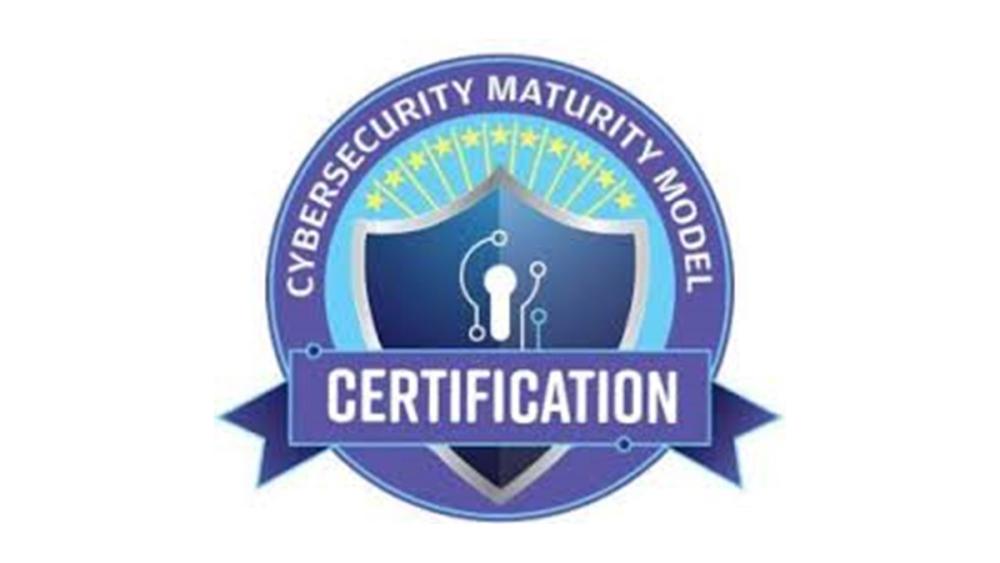The Cybersecurity Maturity Model (CMM) is an internationally recognized framework for assessing the cybersecurity maturity of organizations. The CMM has been developed in response to the increasing demand for reliable and valid assessments of cybersecurity capability.
To achieve its objectives, the CMM defines five levels of cybersecurity maturity: foundational, operational, comprehensive, high-performing, and exceptional. Each level requires different levels of security and risk management capabilities.
To be certified as compliant with the CMM, an organization must demonstrate that it has achieved a level of maturity corresponding to its security and risk management needs. You can also avail CMMC Compliance through Intech Hawaii by browsing online.

Image source:-Google
To achieve certification, an organization must submit a self-assessment questionnaire and undergo an assessment by an accredited assessor. The results of the assessment are documented in a report, which is then submitted to the certification body. There are currently three certification bodies approved by the CMM Foundation: ISACA, ACM, and CSIS/ISSAC.
There are several benefits to achieving certification with the CMM framework. First, it can help organizations differentiate themselves from their competitors. Second, it can provide assurance to customers and investors that an organization is taking appropriate measures to protect its data and systems. Finally, it can show the degree of maturity that an organization has achieved in managing its information risk.
CMM is a unified framework, so it can be used to evaluate and audit all types of systems security issues. There are two categories of CMM assessment:
- Organizational assessments
- Operational assessments
Organizational assessments include assessing the whole organization, including management, development, operations, security, and operations teams; as well as performing specific service-level agreements (SLAs).
Operational assessments focus on assessing system components such as applications or operating systems based on the specific type of system being assessed. The CMM framework defines more than 300 categories worth of critical assets in which an organization’s security posture should be assessed for certification.